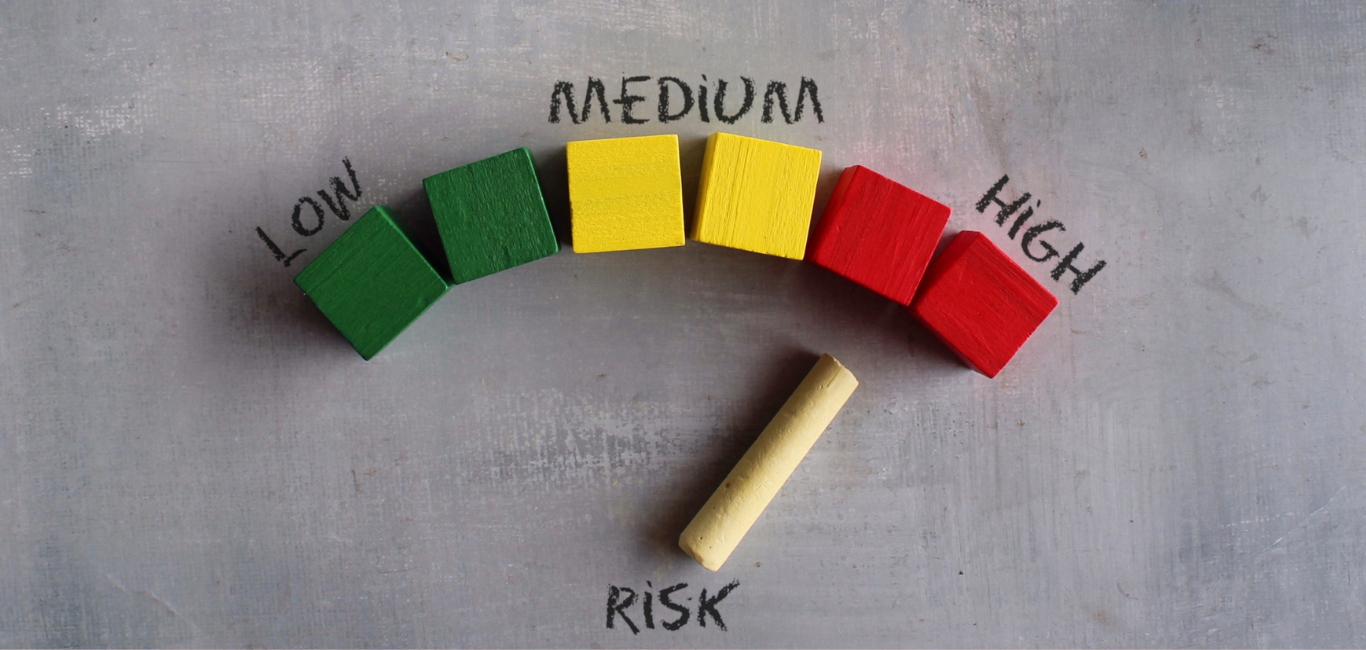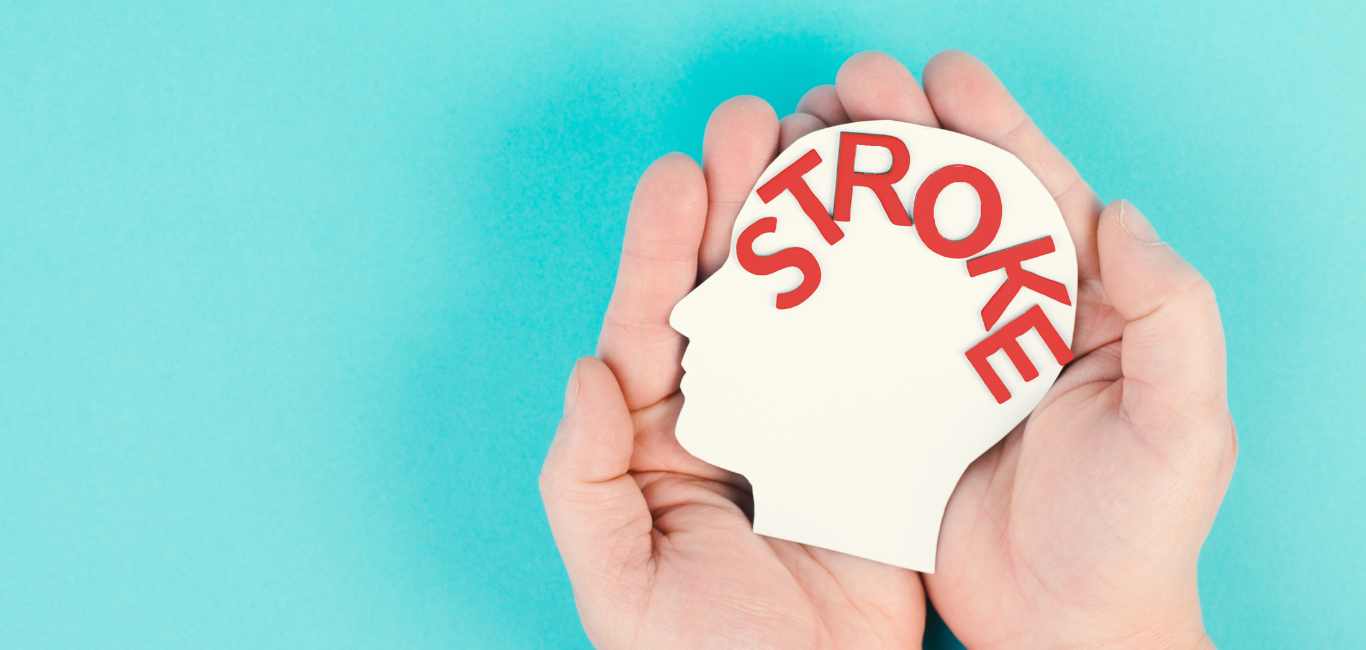
The brain constantly communicates with the body, directing our thoughts, actions, movements and responses to our surroundings. This central control hub relies on a steady flow of oxygen and nutrients from the bloodstream to carry out these functions smoothly. Any disruption to the supply results in adverse effects on the brain and, in turn, the body’s functions.
When the brain is starved of oxygen, it leads to a stroke or a ‘brain attack’. The blocked or ruptured blood vessels cause the brain cells to die rapidly within the brain, which can soon turn fatal. The brain regions impacted by a stroke result in a loss of brain function, manifesting physically as paralysis or loss of speech.
Dr NK Venkatramana, founder, chairman and director of Brains Super Speciality Hospital, Bengaluru, explains that strokes can happen at any age. However, the chance of a stroke increases when certain risk factors come into play. “These risk factors can be categorised as either controllable, allowing for intervention or uncontrollable, beyond our control,” he says.
He adds that recognising and addressing these risk factors can help prevent strokes.
1. Health hurdles of stroke
-
High blood pressure (Hypertension)
Often creeping up without noticeable symptoms, high blood pressure stands as the most important and modifiable risk factor for strokes. According to the Centers for Disease Control and Prevention, when blood pressure readings reach 140/90 mm of Hg or higher, it exerts increased pressure on the arteries. It causes more damage to the blood vessels.
As a proactive measure, Dr Venkataramana suggests monitoring the blood pressure regularly. “High blood pressure can be easily managed by taking prescribed medication, adopting a heart-healthy diet low in salt and saturated fats, engaging in regular physical activity and managing stress,” he says.
-
Diabetes
Dysregulated insulin levels due to diabetes can increase the risk of various disorders, and stroke is no exception. In diabetes, sugar accumulates in the blood, restricting the supply of oxygen and nutrients to different body parts, including the brain.
Diabetes can also damage blood flow to the kidneys (diabetic nephropathy) and the eyes (diabetic retinopathy). There is inflammation in the obstructed blood vessels, resulting in stroke. Keeping the condition under check could help avoid stroke risk.
-
High Cholesterol
Blood gets its cholesterol from two sources – the liver and the food we eat. The liver makes enough cholesterol needed for the body; therefore, the excess cholesterol comes from our food. The extra cholesterol accumulates in the blood vessels, including those in the brain, narrowing the blood vessels and ultimately leading to stroke.
-
Heart conditions
Some conditions of the heart can amplify the risk of strokes. For example, coronary artery disease causes plaque buildup in the arteries, which obstructs the flow of oxygen-rich blood to the brain. Other heart conditions such as heart valve defects, irregular heart rhythms and enlarged heart chambers can also trigger blood clot formation, causing a stroke.
-
Sickle cell anaemia
Sickle cell anaemia is a condition that affects the haemoglobin. People with this condition produce red blood cells that are sickle-shaped or ‘C’ shaped. These sickle-shaped cells cannot carry oxygen and get lodged in the blood vessels, obstructing blood flow to the brain and leading to a stroke.
2. Lifestyle factors
Dr Venkatramana highlights that daily habits and lifestyle choices influence the risk of strokes beyond health conditions. However, adopting some lifestyle changes can actively reduce this risk, he emphasises.
-
Dietary Considerations
The foods that we consume play a vital role in preventing stroke. Diets high in saturated fats, trans fats and cholesterol are associated with strokes and other heart diseases. Moreover, an excess salt (sodium) intake can increase blood pressure levels.
-
Physical Activity
Regular physical activity is a vital component of a healthy lifestyle and can significantly lower the risk of stroke. Inactivity can result in various health issues that increase the likelihood of a stroke, including obesity, high blood pressure, high cholesterol and diabetes. “By staying physically active, you can reduce your risk of stroke and enhance your overall well-being,” says Dr Venkatraman.
-
Alcohol consumption
Excessive alcohol intake can increase blood pressure levels and subsequently increase the risk of stroke. It also raises the levels of triglycerides, a type of fat in the bloodstream that can lead to the hardening of arteries.
-
Tobacco use
Tobacco use, particularly cigarette smoking, can heighten the risk of stroke. Smoking damages the heart and blood vessels, thereby increasing the chances of a stroke. Nicotine, a key component in tobacco, raises blood pressure. At the same time, carbon monoxide from cigarette smoke reduces the oxygen-carrying capacity of the blood. Even indirect exposure to smoking – passive smoking – can increase the likelihood of a stroke.
3. Added culprits
Stroke risk can vary among families, and individual stroke risk may increase or decrease based on age and gender.
-
Genetics
Genetic factors affect conditions like high blood pressure, stroke, and other related health issues. Individuals with a family history of stroke may share common environmental factors that can heighten their risk. The risk of stroke can increase further when heredity combines with unhealthy lifestyle choices like smoking and poor dietary habits.
-
Age
The risk of stroke increases with age. According to the CDC, the risk of stroke doubles every decade after age 55. “Strokes can also affect individuals younger than 65. In fact, approximately one in seven strokes occurs in adolescents and young adults aged 15 to 49,” says Dr Venkatramana.
This increase in strokes among younger individuals is attributed to obesity, high blood pressure and diabetes.
-
Gender differences
Stroke is more prevalent among women than men, and women of all ages are at a higher risk of stroke. “PCOD, pregnancy, and birth control pills can add to the risk factors for women,” says Dr Venkatraman.
Despite addressing these risk factors, sometimes, preventing a stroke might be well out of our control. However, during a stroke, every minute counts. Immediate treatment can minimise brain damage.
One can take immediate action by acquainting and being aware of a stroke’s telltale signs and symptoms. A quick response can prove to be a lifesaver in the situation.

















